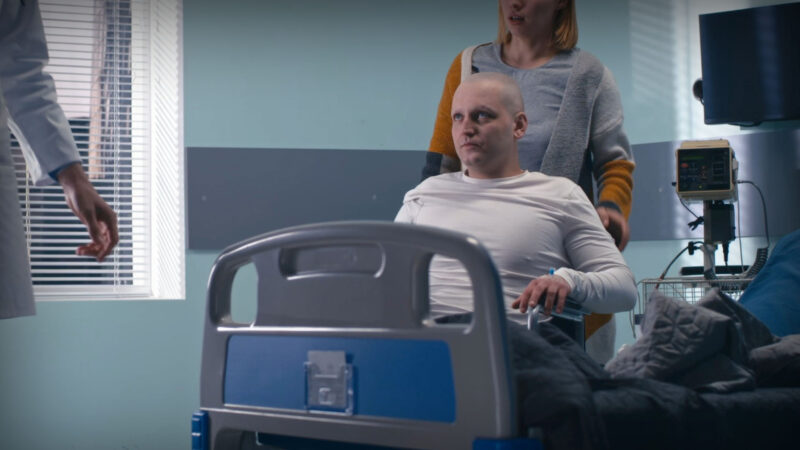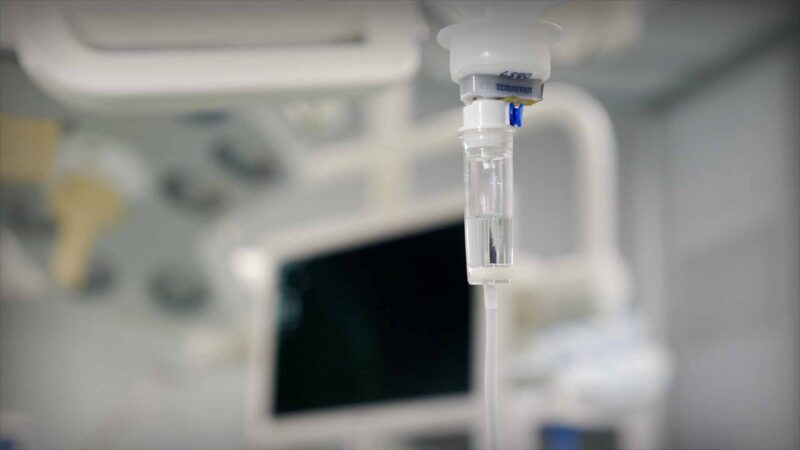3 YEARS IN, PROGRAM BUILDS ON CAPABILITY AND CONNECTIVITY FOR EARLY CAREER RESEARCHERS IN ENT MEDICAL DEVICES Beyond Science gives in theatre opportunities, networking with stakeholders and support from mentors
With
Professor Payal Mukherjee, Adult and Paediatric ENT Surgeon
Otologist, Cochlear Implant and Skull Base Surgeon &
Clinical Professor, Macquarie University &
TGA Advisory Committee for Medical Devices &
Clinical Associate Professor, University of Sydney &
Surgical Innovation Lead, RPA Institute of Academic Surgery &
Head of Department ENT, Sydney Adventist Hospital &
Co-Founder & Co-Director, Beyond Science
Distinguished Professor Gordon Wallace AO,
Director, Intelligent Polymer Research Institute,
University of Wollongong &
Co-Founder & Co-Director, Beyond Science
AUSTRALIAN HEALTH JOURNAL SEGMENT
Filmed in Sydney & Wollongong | August 2025
Surgeon-scientists and surgeon-innovators have an important role in the entire medical technology translational cycle; not only from discovery to commercialisation, but in ensuring that health technologies are implemented in value-based manner.
This includes defining safety and regulatory standards, balancing patient outcomes against health care costs, and working with policy makers to ensure that funding is both sustainable and promotes equitable access to technology.
Despite a rich history of biomedical innovation in Australia, there are limited training opportunities for surgeons to develop these skills. Within NSW, there are no formal surgeon-scientist training pathways in Otolaryngology, Head and Neck Surgery.
In 2022, Distinguished Professor Gordon Wallace AO and Professor Mukherjee jointly established Beyond Science as a clinician led, academically supported and clinician run Australian-first medical technology translation program.
The program is aimed at early career researchers and clinician-scientists working in medical device research specifically in otolaryngology (ear, nose, and throat), head and neck surgery.
Its core mission is to build capability and foster connections between researchers and key stakeholders such as industry, government, universities, and health systems.
This is through helping researchers understand health system priorities and translation pathways from research to real-world impact. Uniquely, this includes opportunity to enter surgical environments for observation and tissue collection.
Australian Health Journal spoke to its founders about how it supports academic mentorship and creates networking opportunities to help early career stage medical device researchers connect with clinicians, policymakers, industry leaders, and funding bodies.
Beyond Science is funded by Passe & Williams Foundation & the Sydney Local Health District
Source: Adapted from Beyond Science, RACS and University of Wollongong websites
You Might also like
-
Sharing the same goals in value-based procurement
Value-based procurement (VBP) is a journey, not a sprint. It’s about putting the patient at the centre of quality affordable healthcare through changes in procurement practices for medical technologies. Patient outcomes drive value and sustainability, not just price. The bigger picture indicates that VBP will create system cost saving through benefitting patients, rather than trying to attain the reverse – a win-win outcome.
-
New Generative AI and machine learning frontier on unused patient care data
Drawing from GE’s 125-year legacy in healthcare, Amit Yadav, CEO GE HealthCare ANZ is leading efforts to integrate AI into medical imaging devices and optimise workflow efficiencies. He stresses the importance of leveraging the vast amount of untapped healthcare data, with an emphasis on automating manual processes to enhance productivity. Additionally, his focus extends to utilising AI for workflow optimisation and ensuring compliance with local regulations and standards to prioritise safety.
-
Alfred Hospital leading in pharmacy services for critically unwell patients
Cristina Roman, is the Lead Pharmacist at Alfred Emergency Trauma Centre. In her 12 years working in the Emergency Department, Cristina has established pharmacy services, and filled gaps in patient care with new models of care.
One of those models of care adopted by the US and other countries, is involving pharmacists for critically unwell patients that present to the emergency department.
Australian Health Journal spoke with Cristina Roman and Lisa Bremner, Advanced Training Resident Pharmacist at Alfred Hospital Emergency Trauma Centre.



